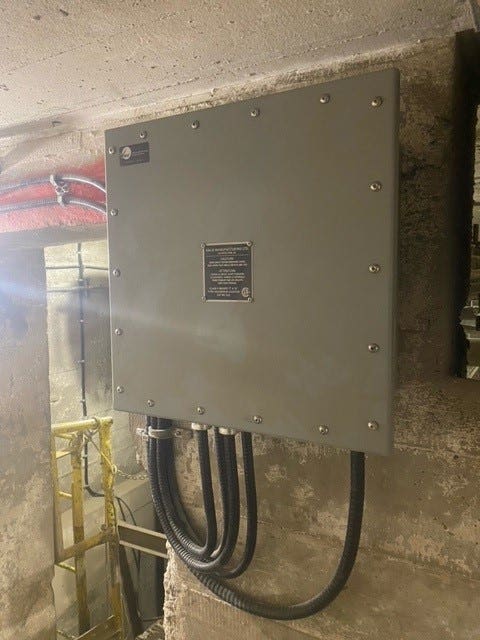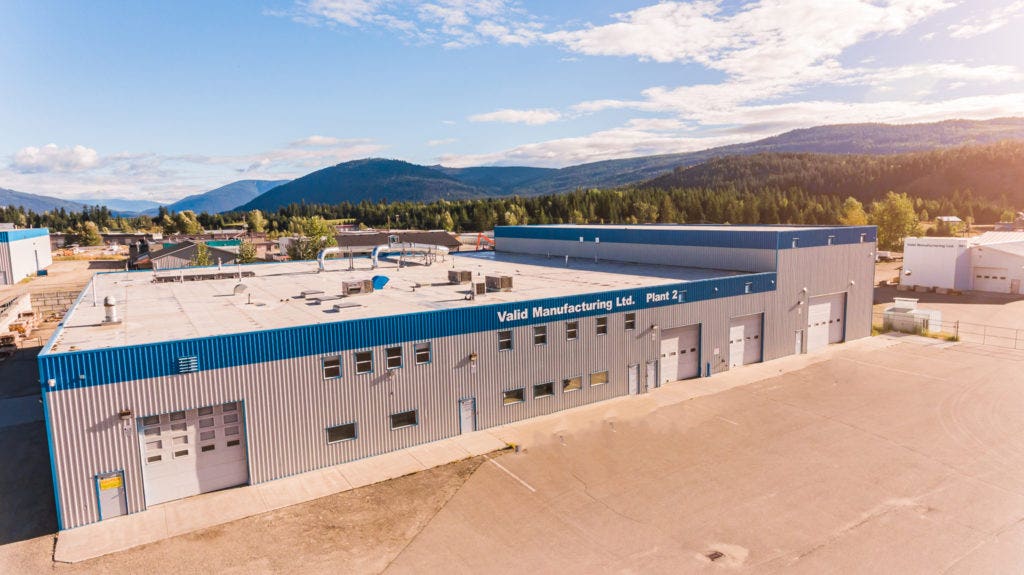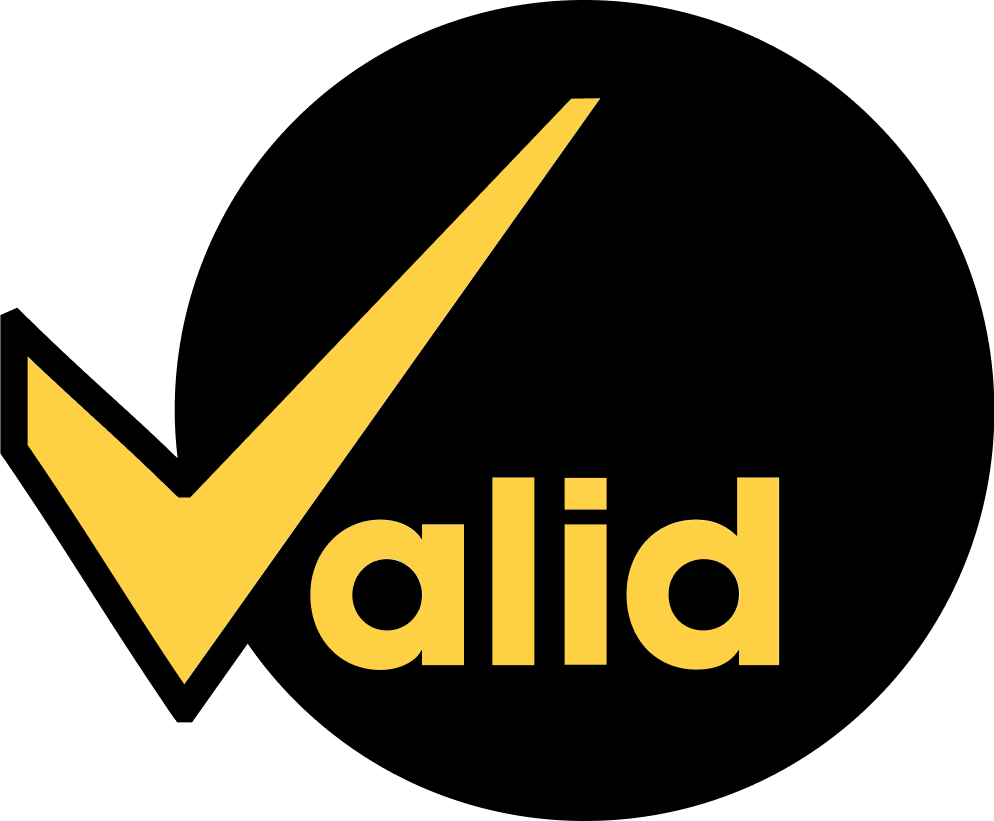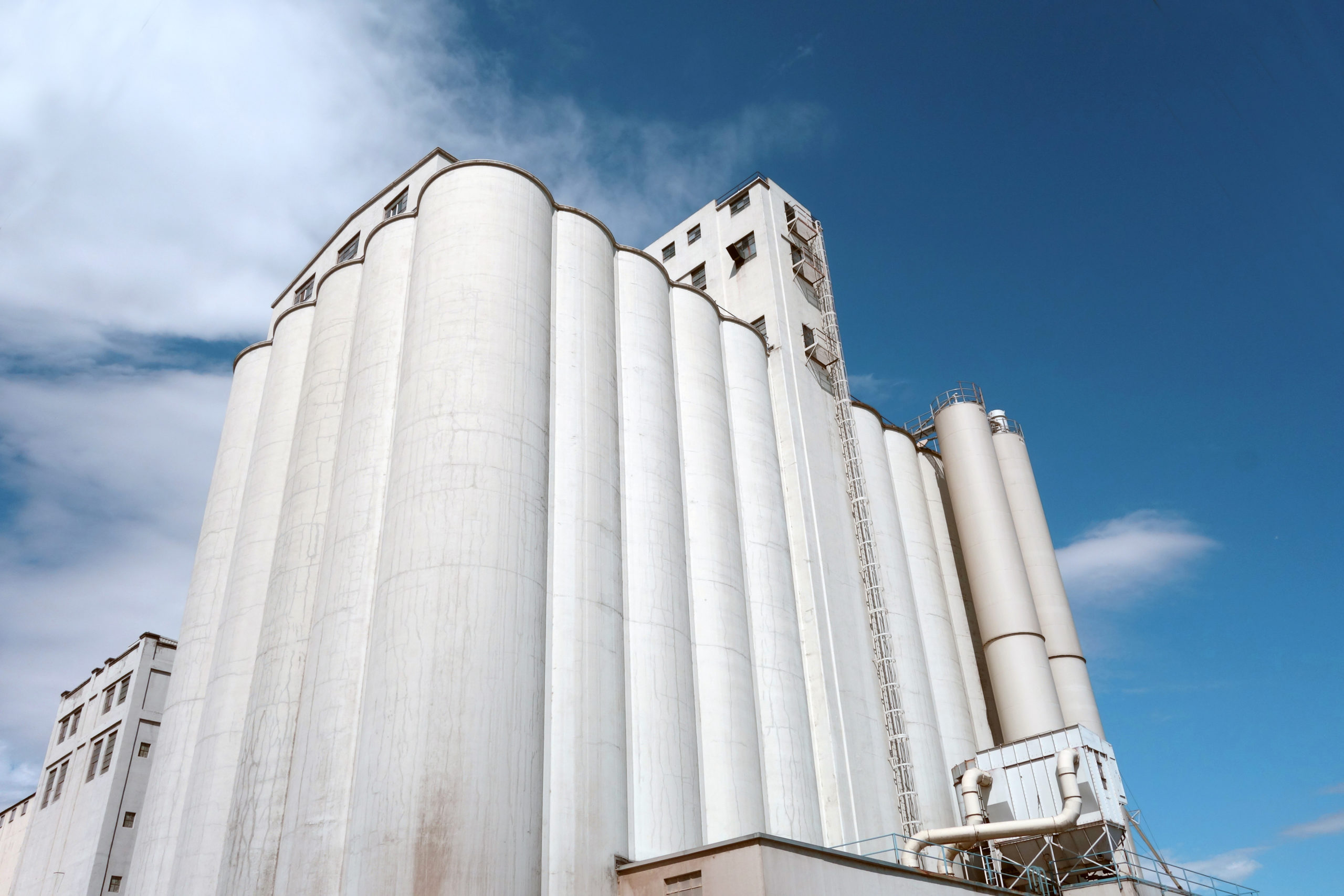The risk of fire or explosion presents many challenges for infrastructure design in industrial mills, terminals, and coal facilities. Contractors and engineers must make every effort to ensure a safe workspace by sourcing properly-rated equipment to block out combustible dust. The use of high-quality Class 2 dustproof enclosures for these locations mitigates the risk of any harm to workers and damage to building structure. Valid’s expertise in enclosures provide reliable solutions for these hazardous locations.
What’s the difference between Class 1 and Class 2 locations?
A Class 2 location is defined as hazardous due to the presence of combustible dust, whereas Class 1 locations may have flammable gases or vapors present. Each class is further broken down to identify the likelihood of an explosion. Class 1, Div 1 are facilities that are at risk for high concentrations of ignitable gases or vapors. Class 1, Div 2 locations handle or process flammable materials or vapors, but concentrations of the hazardous substances are not high enough to be ignitable. Class 2, Div 1 locations have combustible dust that is either suspended in the air or accumulated on surfaces, and concentrations may be sufficiently high to allow for ignition. Class 2 Div 2 locations contain ignitable concentrations of dust that exist under abnormal operation conditions due to frequent repair or maintenance, resulting in a higher risk of ignition.
What is combustible dust?
When you think about the dust around your house, you would hardly expect there to be a risk of explosion! However, in industrial mills, grain elevators, and coal facilities, it is one of the biggest hazards across a variety of industries.
Combustible dust is a collection of fine solid particles which, either from a single source or in a mixture with other materials, is liable to catch fire or explode upon ignition when dispersed in the air. Ignition can come from a totally unexpected source. For example, superfine iron dust from a steel shop collected on a filter will spark each time it is hit by a raindrop. Class 2 dust is broken down into groups E, F and G. Groups F and G dust are considered conductive and could penetrate into electrical equipment such as electric motors, control panels, electrical panels, etc. and cause an electrical failure. Group E dusts are metal dusts, such as aluminum and magnesium.

Safety drives regulations to tighten up
A major safety concern in all workplaces is the occurrence of fires and explosions. Any enclosures used in a Class 2 location must follow strict regulations. CSA certification marks are globally recognized by contractors as a trusted indicator that a product will provide proper protection against potential hazards. The CSA C22.2 No. 25-17 standards regulate everything from enclosure thickness to how bolts are used.
Acquisition of WCE expands Valid into Class 2 enclosures
After 40 years, WCE has successfully secured their position as the sole supplier of Class 2 enclosures in Western Canada, providing contractors with high-quality CSA-certified units. Valid’s acquisition of WCE brought us into the Class 2 market, combining WCE’s experience with our proven capabilities. Valid’s Class 2 enclosures are made with cold-rolled steel and powder coated for corrosion protection. The covers have stainless steel hex head threaded bolts as well as gasket sealer around the inside to prevent dust from entering and are rated for groups F and G.

Where can you find Valid Class 2 enclosures?
Valid is proud to supply Class 2 enclosures to many mills, terminals, and coal facilities. So include:
-Richardson Grain Terminal
-Alliance Grain Terminal
-Viterra Grain Terminal
-Cargill Grain Terminal
-Neptune Coal Terminal
-Westshore Coal Terminal
-Prince Rupert Coal Terminal
-Roberts Bank Terminal
Leading manufacturer of Class 2 enclosures

Class 2 dustproof enclosures are vital in a variety of hazardous facilities to reduce risk of explosions from combustible dust. Valid’s Class 2 dustproof enclosures are known for their high quality, offering a safe option for wire connections in hazardous locations. Through their longstanding relationship with WCE, contractors and distributors across Western Canada know that they can rely on Valid’s robust Class 2 enclosures to meet their needs.

